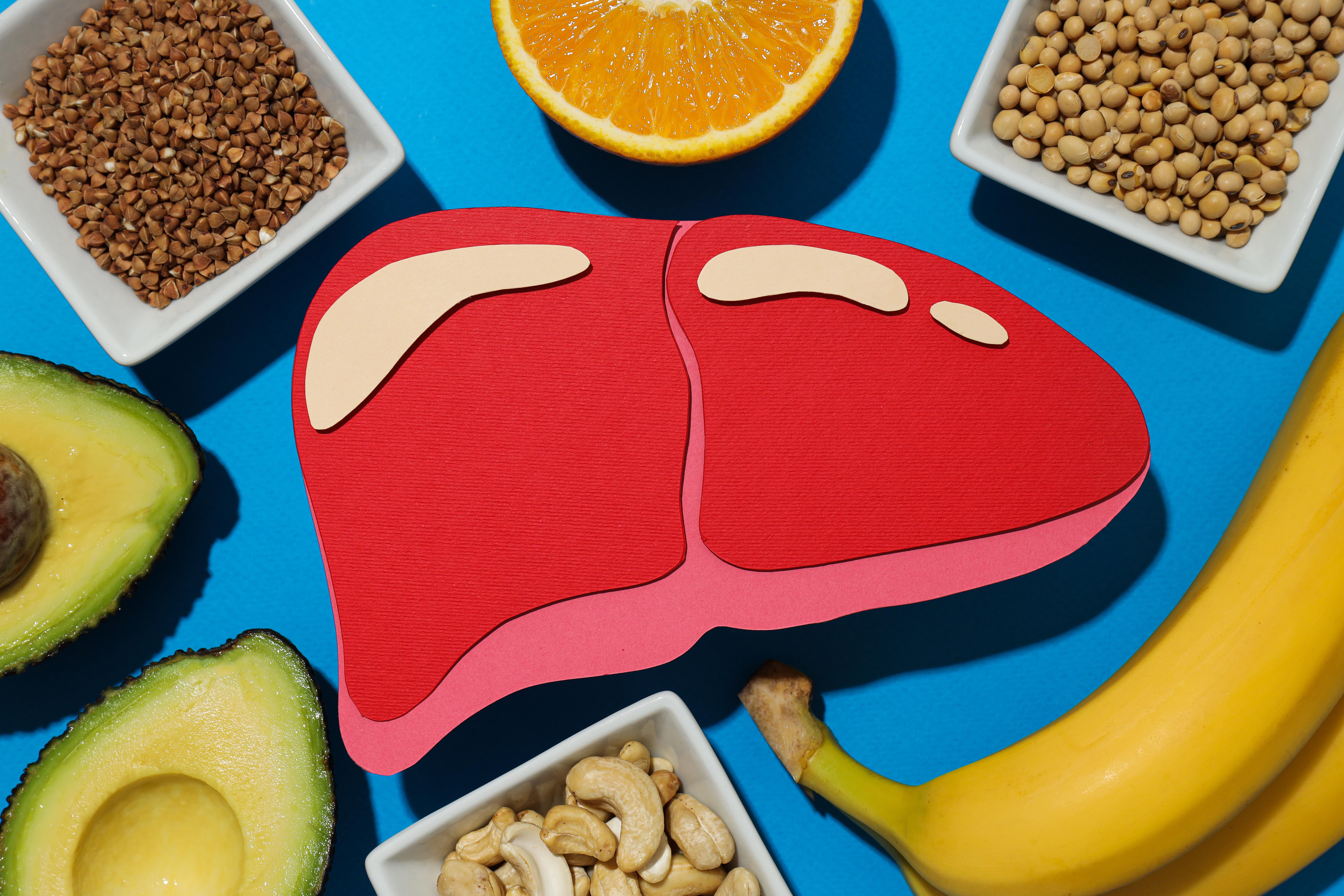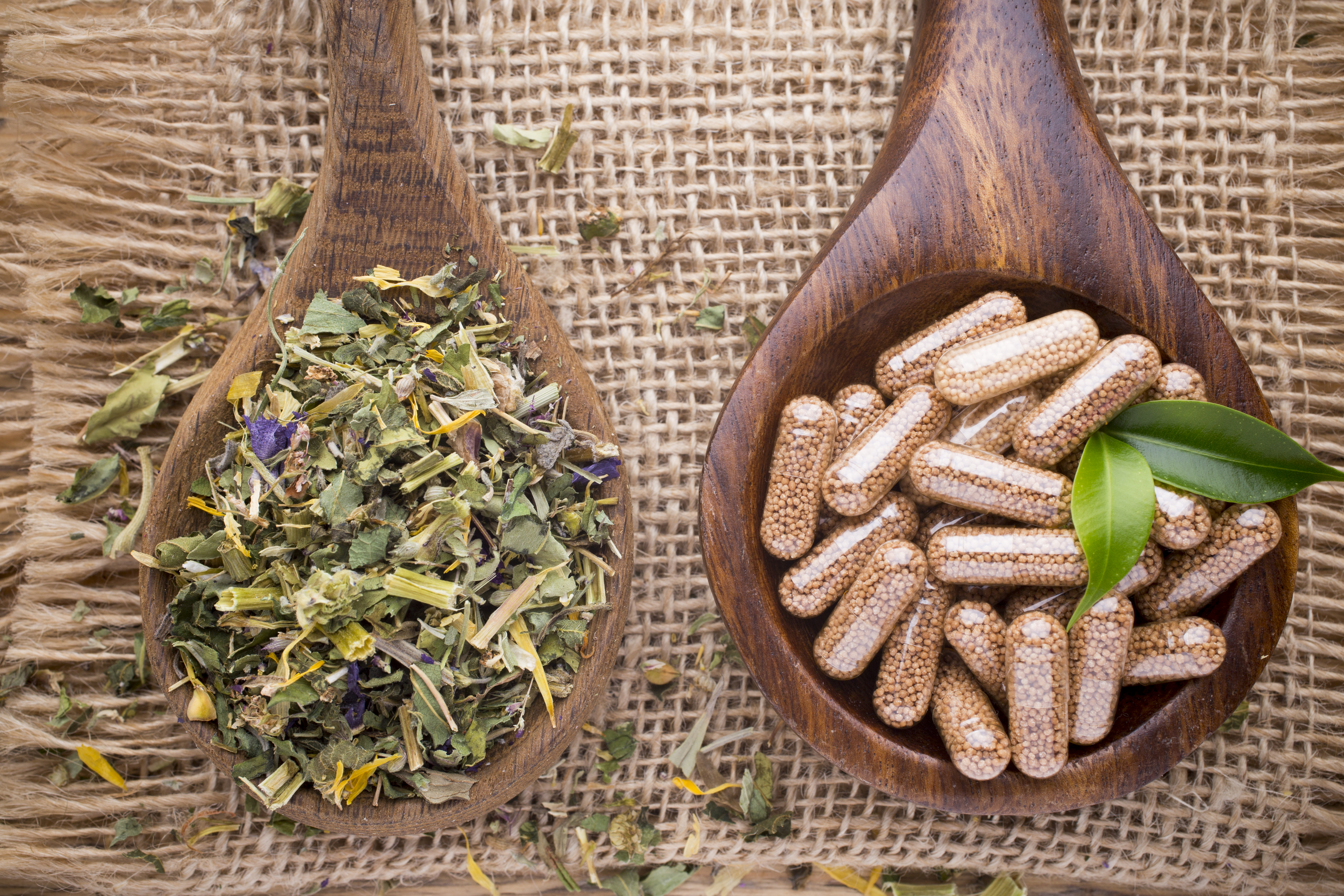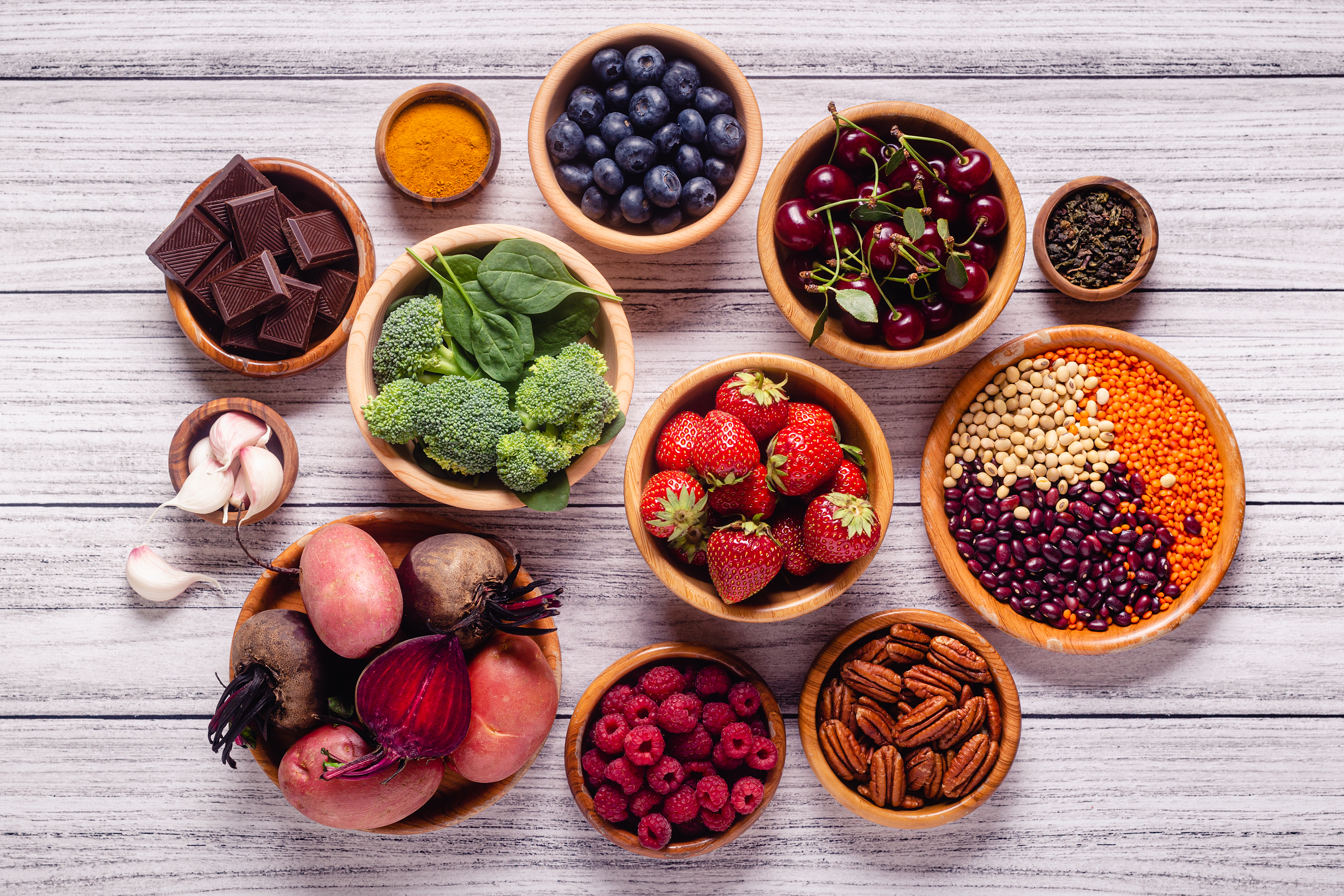Natural Ways to Support Your Liver's Detox Power (No Juices Required)
The liver is a vital organ responsible for numerous essential functions, including detoxification, protein synthesis, and the production of biochemicals necessary for digestion. It's often referred to as the body's "chemical factory" due to its role in processing everything we consume, from food to medications. In a world increasingly filled with processed foods, pollutants, and toxins, maintaining liver health is more crucial than ever. While juice cleanses have gained popularity as a quick fix for detoxification, they often overlook the liver's complex needs. This article explores 12 natural, effective ways to enhance liver detoxification without relying on juice cleanses. Each tip is backed by research and provides practical, easy-to-implement strategies. By the end, you'll have a comprehensive understanding of how to support your liver's health naturally, setting the stage for a more vibrant and toxin-free life. Let's get started!
1. Understanding the Liver's Role in Detoxification

The liver is a powerhouse organ that filters blood coming from the digestive tract before passing it to the rest of the body. It detoxifies chemicals and metabolizes drugs, ensuring harmful substances are broken down into less toxic forms. This process involves two main phases of detoxification: Phase I (modification) and Phase II (conjugation). During Phase I, the liver uses enzymes to convert toxins into more water-soluble forms. Phase II involves further processing to make these substances easier to eliminate. Understanding these phases highlights the importance of supporting liver function through diet and lifestyle choices. A well-functioning liver not only detoxifies but also regulates blood sugar levels, stores nutrients, and produces bile for digestion. Ensuring that this organ operates optimally is crucial for overall health and well-being. By focusing on natural methods to boost liver function, we can enhance its ability to detoxify and protect the body from harm.
2. The Importance of Hydration

Water is fundamental to all bodily functions, including liver detoxification. Adequate hydration ensures that the liver can efficiently process and eliminate toxins. Water acts as a solvent for nutrients and minerals, aiding in their absorption and transportation. It also helps maintain the fluid balance required for blood circulation, which is crucial for the liver to filter out waste products. Dehydration can slow down these processes, leading to a buildup of toxins. To support liver health, aim to drink at least eight glasses of water daily. Incorporating herbal teas like dandelion or milk thistle can further enhance hydration and provide additional detoxifying benefits. These herbs are known for their liver-supportive properties, promoting bile production and improving liver function. By prioritizing hydration, you provide your liver with the necessary tools to detoxify effectively, ensuring that your body remains free from harmful substances.
3. The Power of a Balanced Diet

A balanced diet rich in fruits, vegetables, whole grains, and lean proteins is essential for liver health. These foods provide the vitamins, minerals, and antioxidants necessary for the liver to perform its detoxification duties. Antioxidants, such as vitamins C and E, help neutralize free radicals and reduce oxidative stress, protecting liver cells from damage. Foods high in fiber, like oats and legumes, support digestive health and promote the elimination of toxins through the digestive tract. Incorporating healthy fats, such as omega-3 fatty acids found in fish and flaxseeds, can reduce liver inflammation and improve lipid profiles. Limiting processed foods, refined sugars, and unhealthy fats is equally important, as these can contribute to liver fat accumulation and impair function. By focusing on a nutrient-dense diet, you provide your liver with the building blocks it needs to detoxify effectively and maintain overall health.
4. The Role of Regular Exercise

Exercise is a powerful tool for supporting liver health and enhancing detoxification. Physical activity increases blood circulation, allowing the liver to filter toxins more efficiently. It also helps maintain a healthy weight, reducing the risk of non-alcoholic fatty liver disease (NAFLD), a condition characterized by excess fat accumulation in the liver. Regular exercise can improve insulin sensitivity, reduce liver fat, and decrease inflammation, all of which support liver function. Aim for at least 150 minutes of moderate-intensity exercise per week, such as brisk walking, swimming, or cycling. Incorporating strength training exercises can further enhance metabolic health and promote the liver's ability to detoxify. By making exercise a regular part of your routine, you support your liver's capacity to cleanse the body and maintain optimal health.
5. The Benefits of Sleep for Liver Health

Quality sleep is often overlooked in discussions about liver health, yet it plays a crucial role in detoxification. During sleep, the body undergoes repair and regeneration, processes that are vital for liver function. The liver works tirelessly to process and eliminate toxins while we rest, making adequate sleep essential for its efficiency. Poor sleep can lead to increased stress hormones, which may contribute to liver inflammation and impaired detoxification. Aim for 7–9 hours of uninterrupted sleep each night to support liver health. Establishing a regular sleep schedule, creating a restful environment, and avoiding stimulants like caffeine before bed can improve sleep quality. By prioritizing rest, you allow your liver to perform its detoxifying duties effectively, supporting overall health and well-being.
6. The Impact of Stress Management

Chronic stress can have detrimental effects on liver health and detoxification. Stress triggers the release of cortisol and other stress hormones, which can lead to inflammation and liver damage over time. It can also disrupt sleep patterns, further impairing liver function. Effective stress management techniques, such as mindfulness meditation, yoga, and deep breathing exercises, can help reduce stress levels and support liver health. Engaging in activities that promote relaxation and emotional well-being can also enhance the liver's ability to detoxify. By managing stress, you create an environment that allows your liver to function optimally, protecting your body from the harmful effects of toxins.
7. The Role of Herbal Supplements

Certain herbal supplements are known for their liver-supportive properties and can enhance detoxification. Milk thistle is one of the most well-researched herbs for liver health, containing a compound called silymarin that protects liver cells and promotes regeneration. Dandelion root is another popular choice, known for its ability to stimulate bile production and support digestion. Turmeric, with its active compound curcumin, has anti-inflammatory and antioxidant properties that benefit liver function. Before incorporating any supplements, it's important to consult with a healthcare professional to ensure they are appropriate for your individual needs. By using herbal supplements wisely, you can provide additional support to your liver's detoxification processes.
8. The Significance of Limiting Alcohol and Toxins

Alcohol and environmental toxins can place a significant burden on the liver, impairing its ability to detoxify. Excessive alcohol consumption can lead to liver inflammation, fatty liver disease, and cirrhosis. To protect your liver, limit alcohol intake and avoid exposure to environmental toxins whenever possible. This includes reducing contact with chemicals found in cleaning products, pesticides, and pollution. Opt for natural, non-toxic products and ensure proper ventilation when using potentially harmful substances. By minimizing exposure to alcohol and toxins, you reduce the liver's workload and support its ability to cleanse the body effectively.
9. The Benefits of Intermittent Fasting

Intermittent fasting has gained attention for its potential health benefits, including liver detoxification. This eating pattern involves cycling between periods of eating and fasting, allowing the liver time to rest and repair. During fasting, the liver can focus on detoxification and fat metabolism, reducing the risk of fatty liver disease. Intermittent fasting may also improve insulin sensitivity and reduce inflammation, supporting overall liver health. There are various approaches to intermittent fasting, such as the 16/8 method or the 5:2 diet, allowing flexibility to find a routine that suits your lifestyle. Before starting any fasting regimen, it's important to consult with a healthcare professional to ensure it's safe and appropriate for your individual needs.
10. The Role of Probiotics and Gut Health

Gut health is closely linked to liver function, as the liver and gut share a complex relationship known as the gut–liver axis. A healthy gut microbiome supports digestion and nutrient absorption, reducing the liver's detoxification burden. Probiotics, beneficial bacteria found in fermented foods like yogurt and sauerkraut, can enhance gut health and support liver function. They promote a balanced microbiome, reduce inflammation, and improve the integrity of the gut barrier, preventing harmful substances from reaching the liver. By incorporating probiotics into your diet, you support both gut and liver health, enhancing your body's ability to detoxify naturally.
11. The Importance of Antioxidant-Rich Foods

Antioxidants play a crucial role in protecting the liver from oxidative stress and damage. Foods rich in antioxidants, such as berries, leafy greens, nuts, and seeds, can support liver health and enhance detoxification. These foods contain compounds like flavonoids, polyphenols, and vitamins C and E, which help neutralize free radicals and reduce inflammation. Incorporating a variety of colorful fruits and vegetables into your diet ensures a diverse range of antioxidants, providing comprehensive support for liver function. By prioritizing antioxidant-rich foods, you protect your liver from damage and enhance its ability to cleanse the body effectively.
12. The Connection Between Liver Health and Skin

The liver and skin are closely connected, as the skin often reflects the liver's health. A well-functioning liver can efficiently eliminate toxins, resulting in clear, healthy skin. Conversely, liver dysfunction can lead to skin issues such as acne, eczema, and dullness. Supporting liver health through diet, hydration, and lifestyle choices can improve skin appearance and reduce the risk of skin problems. Adequate hydration, a balanced diet, and regular exercise all contribute to healthy liver function and, consequently, radiant skin. By focusing on liver health, you can achieve a natural, healthy glow that reflects your body's overall well-being.
Supporting liver health is essential for effective detoxification and overall well-being. By incorporating these 12 natural tips into your lifestyle, you can enhance your liver's ability to cleanse the body without relying on juice cleanses. From staying hydrated and eating a balanced diet to managing stress and incorporating herbal supplements, each strategy plays a crucial role in supporting liver function. By prioritizing liver health, you not only protect your body from toxins but also promote vibrant health and longevity. Take action today by implementing these tips and experience the benefits of a healthy, well-functioning liver. Your body will thank you for it.
